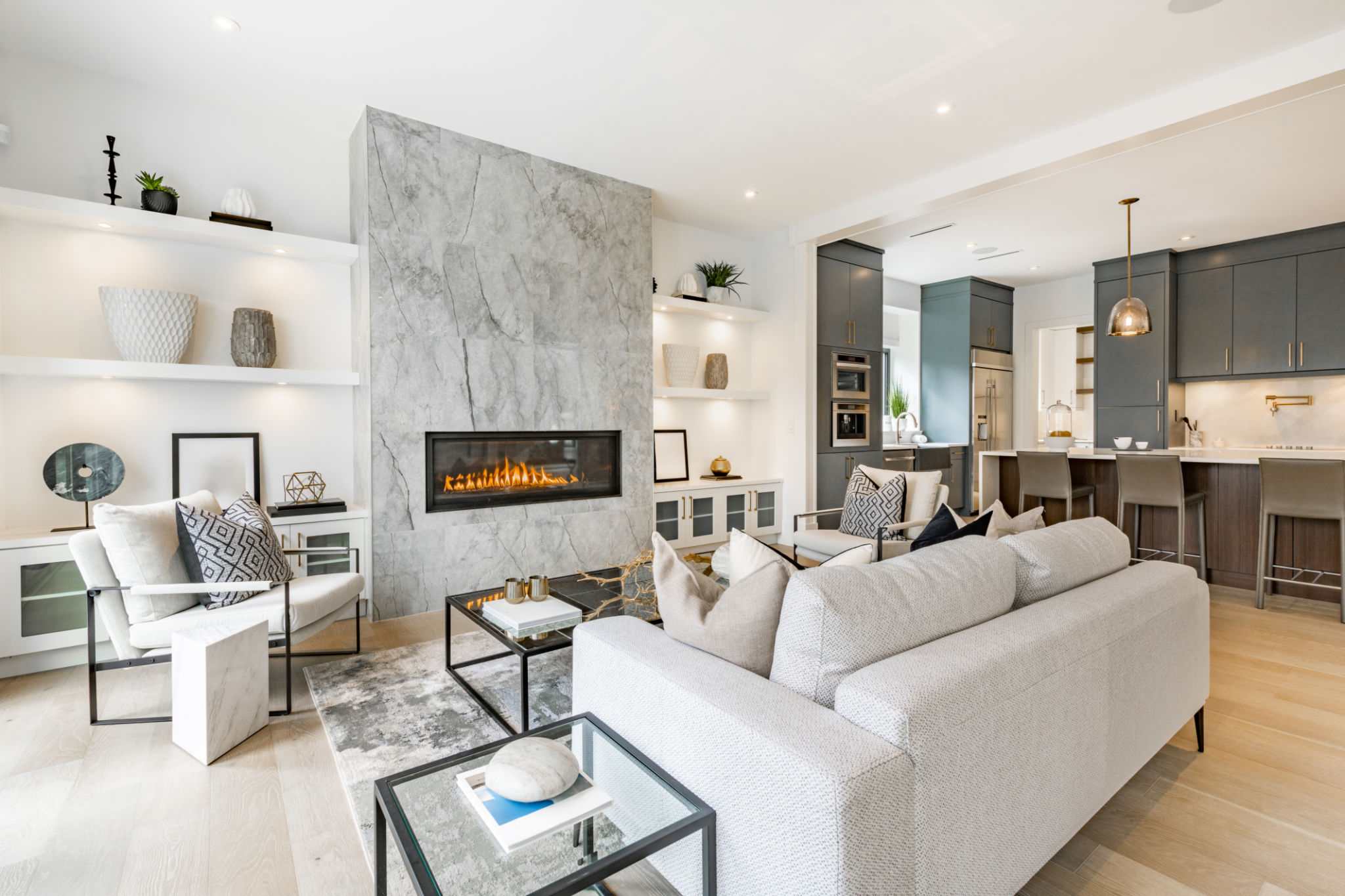Comprehensive Guide to Home Renovation Planning and Execution
Understanding the Scope of Your Renovation
Before diving into a home renovation, it's crucial to understand the full scope of your project. Begin by assessing which areas of your home need the most attention. Are you looking to update your kitchen, expand your living room, or perhaps give your bathroom a modern touch? Identifying your primary goals will help in planning and budgeting effectively.
Next, consider the scale of the renovation. Will it be a minor update or a major overhaul? This distinction will guide you in determining the time, resources, and professional help you might need. It's essential to have a clear vision from the start, as this will serve as your roadmap throughout the renovation process.

Budgeting and Financial Planning
One of the most critical aspects of home renovation is creating a comprehensive budget. Start by researching the average costs for the type of renovation you are considering. This will give you a ballpark figure to work with. Remember to factor in unexpected expenses by setting aside a contingency fund, typically around 10-20% of your total budget.
To keep costs in check, prioritize your needs over wants. Create a list of must-have features and those that can be added later if the budget allows. It's also wise to get multiple quotes from contractors to ensure you're getting the best value for your investment.
Selecting the Right Professionals
Choosing the right professionals can make or break your renovation project. Start by seeking recommendations from friends or family who have completed similar projects. When selecting contractors, architects, or interior designers, ensure they are licensed and have credible reviews.

Conduct interviews with potential candidates to assess their expertise and compatibility with your vision. Don't hesitate to ask for portfolios and references. Effective communication is key, so choose professionals who understand your needs and can work within your budget and timeline.
Design and Planning
Once you've assembled your team, it's time to dive into the design phase. Collaborate closely with your designer or architect to create a plan that aligns with your vision. Consider factors such as functionality, aesthetics, and future resale value. A detailed plan will help prevent costly changes during construction.
During this stage, make decisions on materials, finishes, and fixtures. Keep in mind that these choices not only affect the overall look but also impact durability and maintenance. Strive for a balance between quality and cost-effectiveness.

Execution and Project Management
With a solid plan in place, it's time to move into the execution phase. Set a realistic timeline for completion and be prepared for potential delays. Regularly communicate with your contractor to stay updated on progress and address any issues promptly.
Maintain an organized schedule for inspections and approvals, ensuring that each phase meets local building codes and regulations. Being actively involved in project management will help keep things on track and ensure that the result aligns with your expectations.
Final Touches and Inspection
As the renovation nears completion, focus on the final touches that will bring your vision to life. This includes painting, installing fixtures, and furnishing spaces accordingly. Pay attention to details, as they can significantly enhance the overall appeal of your home.

Before considering the project complete, conduct a thorough inspection with your contractor to ensure everything meets your standards. Address any outstanding issues promptly to avoid future headaches. A successful renovation not only improves your living space but also increases the value of your home.
In summary, successful home renovation requires careful planning, budgeting, and execution. By following these guidelines and working with reputable professionals, you can transform your home into a space that reflects your style and meets your needs.